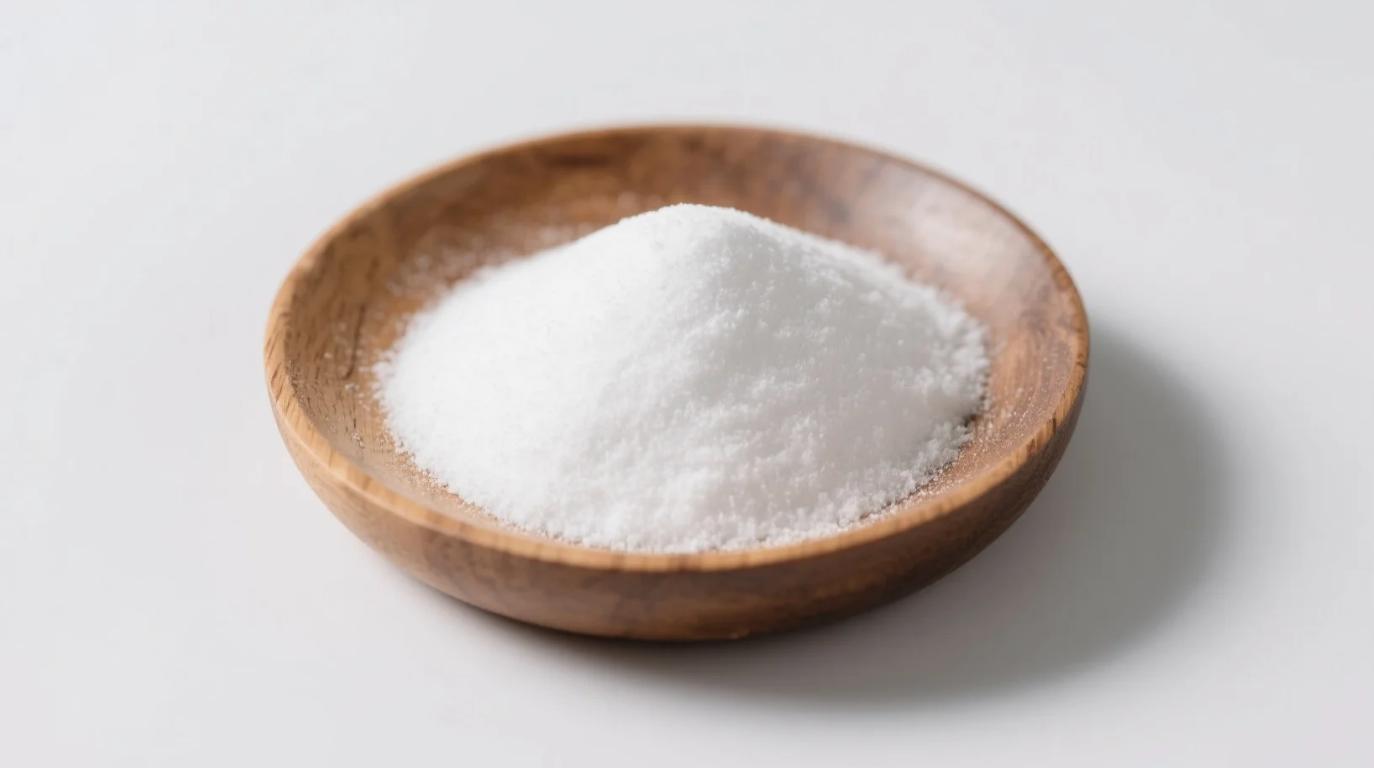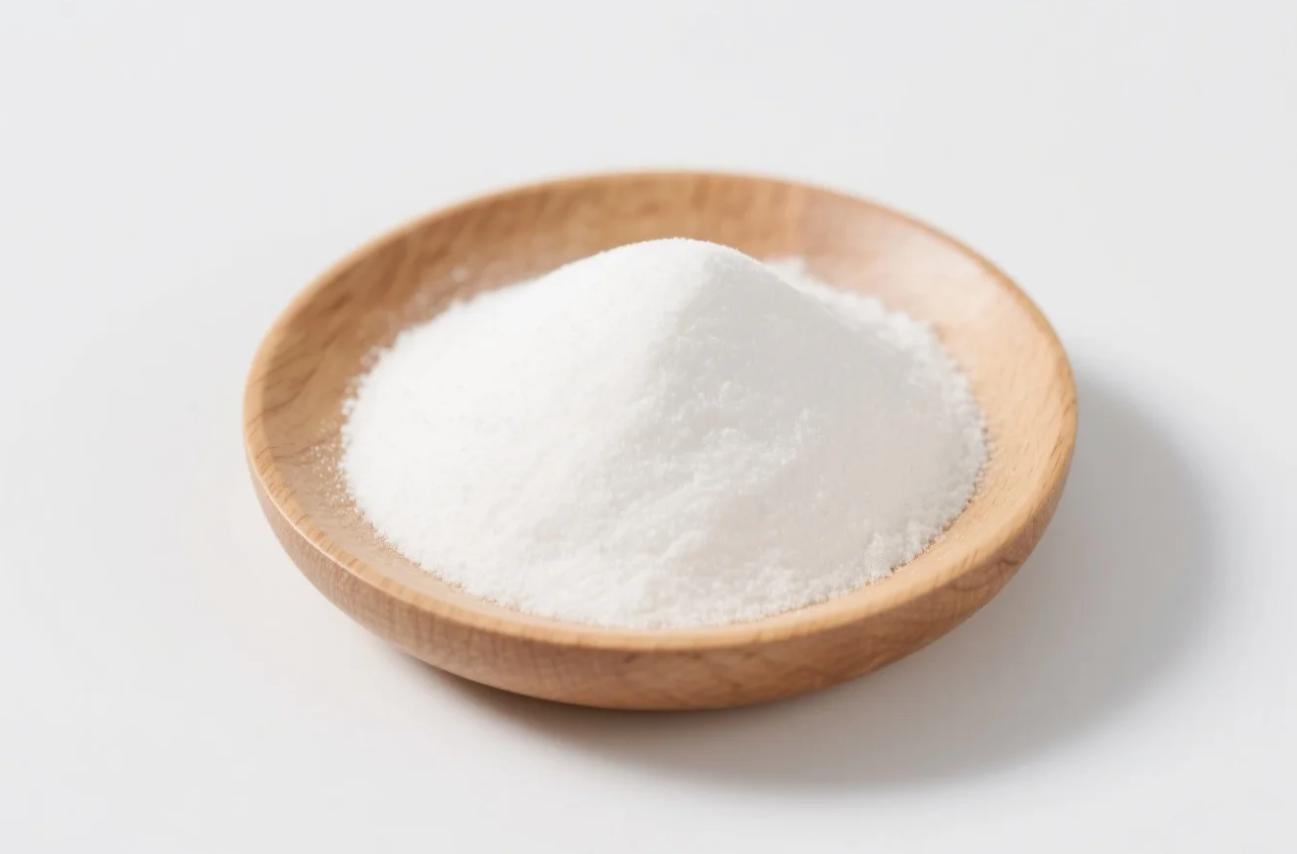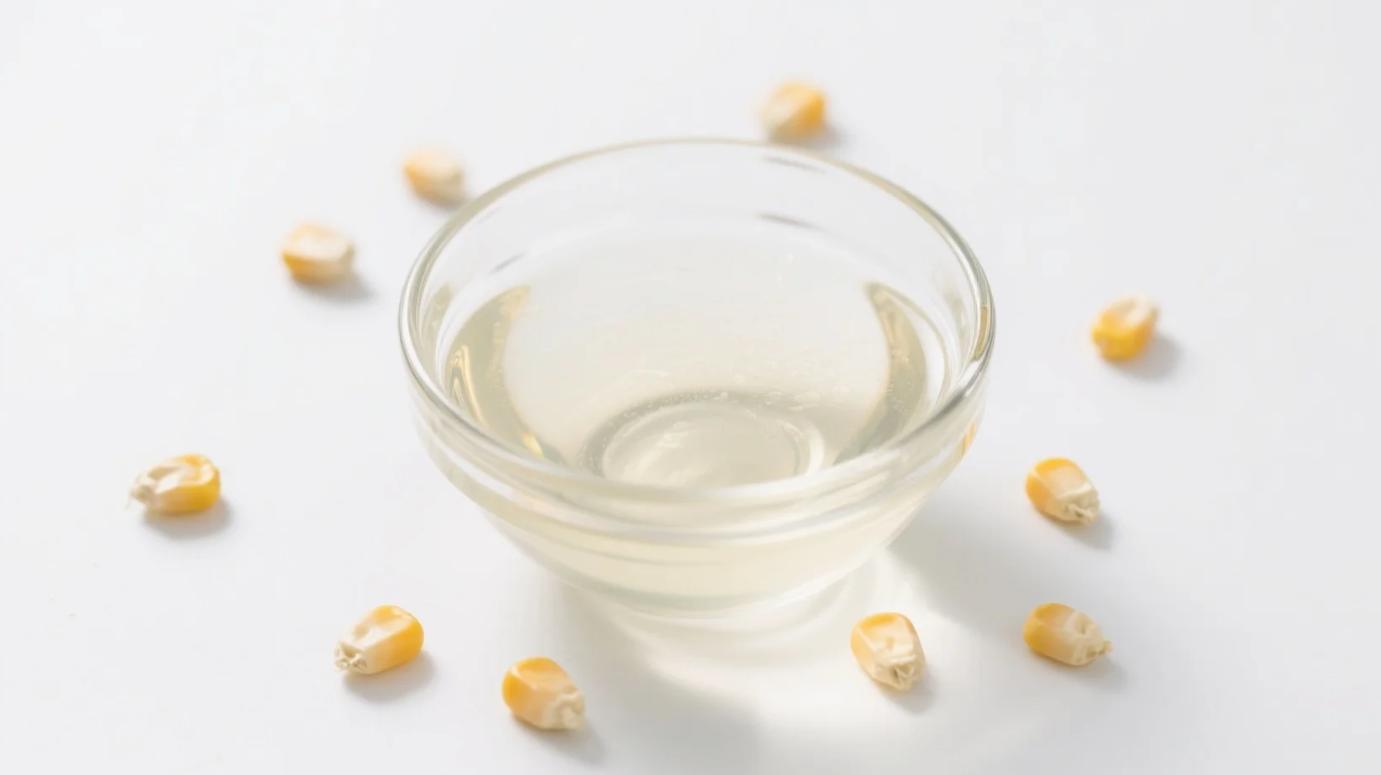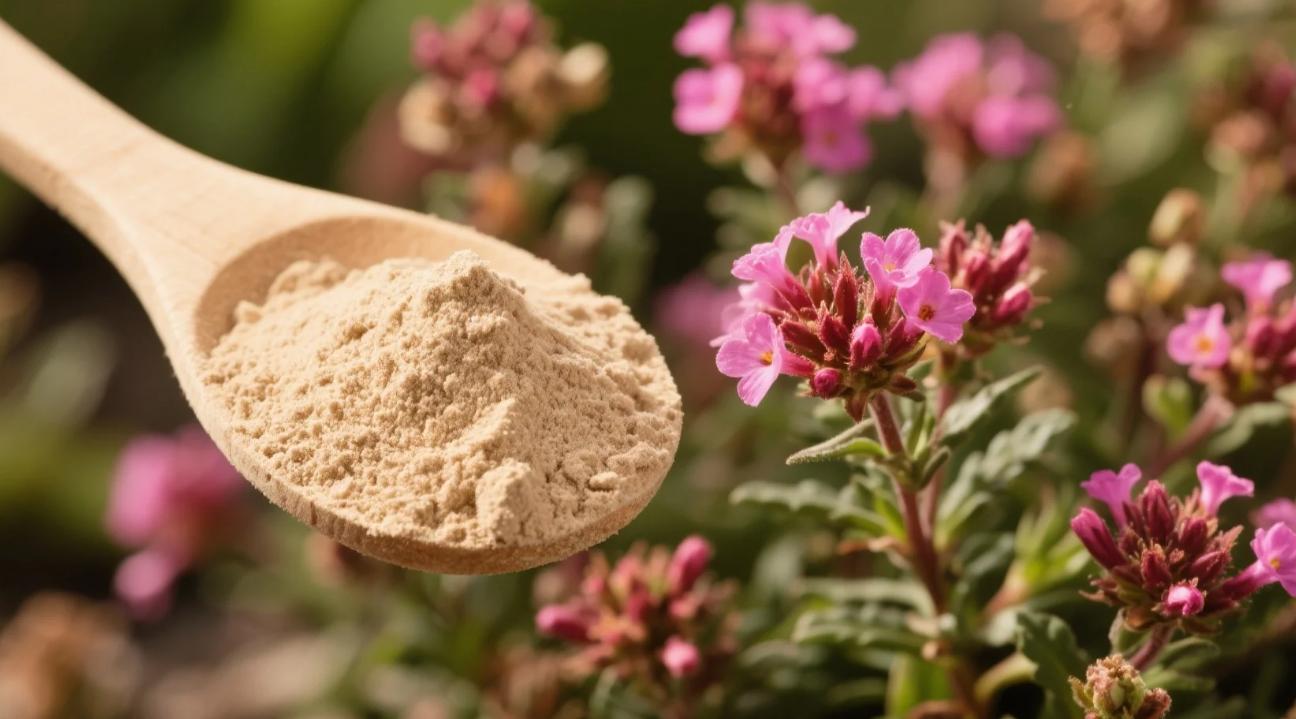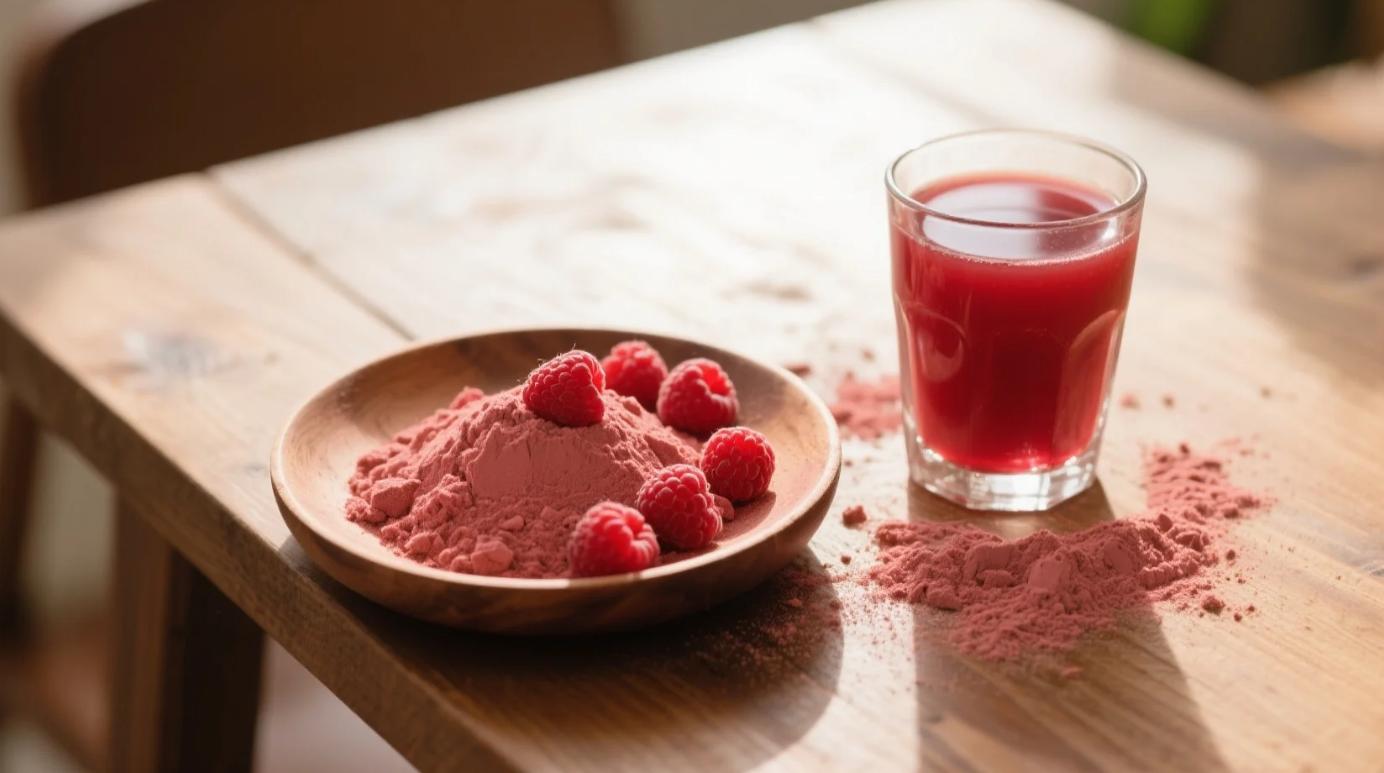Table of Contents
In the ever-expanding world of plant-based nutrition, organic rice protein powder has become a popular choice for its gentle nature and comprehensive nutrient profile. Whether you’re considering organic rice protein or its more specific variant, organic brown rice protein, both offer a hypoallergenic and easily digestible alternative to common protein sources. But with various options available, how do you ensure you’re picking a high-quality product that truly delivers on its promises?
Let’s guide you through the key considerations when selecting your ideal organic rice protein powder for maximum purity and benefit.
Understanding Your Options: Organic Rice Protein vs. Organic Brown Rice Protein
While often used interchangeably, there’s a subtle distinction that might matter to your specific needs:
- Organic Rice Protein: This is a broader term and can be derived from white rice or a blend. It’s processed to isolate the protein, resulting in a fine powder.
- Organic Brown Rice Protein: This specifically comes from whole grain brown rice. It typically retains more of the beneficial nutrients and fiber from the bran layer, and often has a slightly richer, earthier flavor profile compared to white rice protein. For many, “brown rice protein” implies a more complete, less refined source.
Regardless of the specific rice type, choosing organic is paramount. It guarantees the rice was cultivated without synthetic pesticides, herbicides, or GMOs, ensuring a pure and clean protein source.
Your Smart Shopping Checklist: What to Look For
When you’re ready to add organic rice protein powder to your pantry, keep these critical factors in mind:
- Always Verify “Organic” Certification:
- Why it Matters: This is your strongest guarantee of purity. It confirms the rice was grown organically and the processing adheres to strict organic standards. For a product you’ll consume regularly, this clean sourcing is vital for both your health and the environment.
- Look For: Clearly displayed organic certification logos (like USDA Organic, EU Organic, or JAS if applicable) prominently on the packaging.
- Identify the Source Clearly: Rice vs. Brown Rice:
- Why it Matters: As noted above, organic brown rice protein may offer additional nutritional nuances. If you specifically want the benefits associated with whole brown rice, look for that designation.
- Look For: Explicit labeling as “organic brown rice protein” if that’s your preference. If it just says “organic rice protein,” it might be from white rice or a mix.
- Examine the Ingredients List: Simplicity is Key:
- Why it Matters: A premium organic rice protein powder should be just that – pure rice protein. Avoid products with unnecessary fillers, artificial flavors, colors, or excessive sweeteners.
- Look For: An ingredient list that simply states “organic rice protein,” “organic brown rice protein,” or “partially hydrolyzed organic brown rice protein.” Minimal ingredients usually indicate a higher-quality product.
- Consider the Protein Content and Processing:
- Why it Matters: Different processing methods can result in varying protein percentages per serving. Quality rice protein powders typically range from 70% to 90% protein. The method of protein extraction is also important.
- Look For: The protein percentage per serving on the nutrition label. Look for terms like “enzymatically processed” or “low-heat processing,” which suggest methods that help preserve nutrient integrity and avoid harsh chemicals.
- Assess Taste and Texture:
- Why it Matters: While generally mild, rice protein can have subtle differences in flavor and texture between brands. Some may be slightly gritty, others smoother. Brown rice protein often has a slightly more noticeable, earthy taste than white rice protein.
- Look For: Customer reviews mentioning taste and mixability. If possible, consider trying a smaller package size from a new brand to ensure it meets your expectations for smoothness in shakes or subtle flavor in recipes.
- Review Packaging and Storage:
- Why it Matters: Proper packaging protects the protein from moisture and light, which can degrade quality.
- Look For: Airtight, moisture-resistant, and resealable packaging. Store in a cool, dark, dry place once opened to maintain freshness.
By applying these practical tips, you’ll be well-equipped to select an organic rice protein powder that not only meets your dietary needs but also supports your commitment to clean eating, ethical sourcing, and overall wellness. Enjoy the versatile and nourishing power of this exceptional plant protein!
You might also like
Organic Dextrose Powder
A simple, naturally derived sugar from organic corn starch, offering clean sweetness, rapid energy, and…
Organic Maltodextrin Powder
Organic maltodextrin with DE 8–20 range, neutral taste, high solubility, and multiple functional uses.
Organic Glucose Syrup
A pure, viscous liquid sweetener derived from organic corn starch, offering balanced sweetness, excellent body,…
